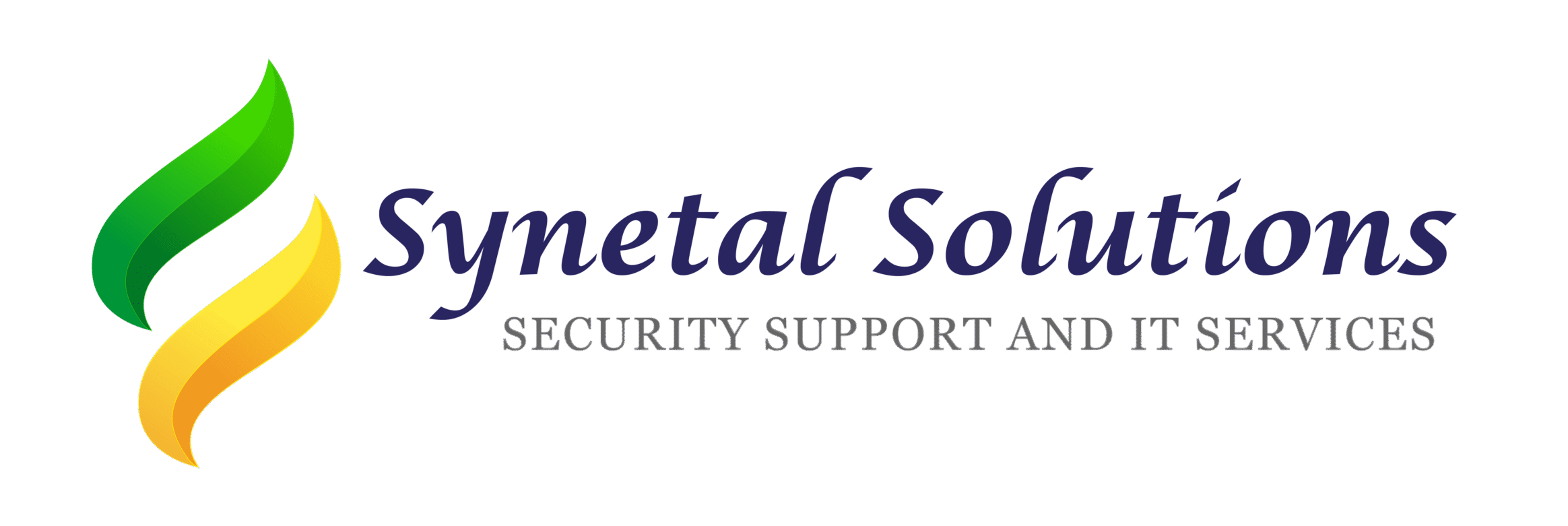Cloud services refer to the delivery of computing resources, applications, and data storage over the internet.
These services are provided by cloud service providers, allowing individuals and organizations to access and use computing resources on a pay-as-you-go basis, without the need for physical hardware and infrastructure.
Key Characteristics of Cloud Services:
On-Demand Self-Service: Users can provision and manage computing resources, such as virtual machines, storage, and applications, without requiring human intervention from the service provider.
Broad Network Access: Cloud services are accessible over the internet from various devices, including laptops, smartphones, and tablets.
Resource Pooling: Cloud providers share computing resources among multiple users, enabling efficient utilization and scalability.
Rapid Elasticity: Cloud resources can be quickly scaled up or down based on demand, allowing users to adjust resources as needed.
Measured Service: Cloud usage is metered and billed based on actual consumption, enabling cost optimization and efficiency.
Types of Cloud Services:
Infrastructure as a Service (IaaS): Provides virtualized computing resources over the internet, including virtual machines, storage, and networking. Users have full control over the operating system and applications running on the infrastructure.
Platform as a Service (PaaS): Offers a platform with development tools, libraries, and services that enable developers to build, deploy, and manage applications without managing the underlying infrastructure.
Software as a Service (SaaS): Delivers software applications over the internet on a subscription basis. Users can access and use the software through a web browser without the need for installation or maintenance.
Cloud services refer to the delivery of computing resources, applications, and data storage over the internet.
Key Characteristics of Cloud Services:
Advantages of Cloud Services:
Cost Efficiency: Cloud services eliminate the need for upfront capital investments in hardware and infrastructure, allowing businesses to pay only for the resources they use.
Scalability: Cloud resources can be easily scaled up or down to accommodate changing business demands, ensuring optimal performance and cost-effectiveness.
Flexibility and Accessibility: Cloud services enable users to access applications and data from anywhere with an internet connection, promoting remote work and collaboration.
Security and Reliability: Reputable cloud providers implement robust security measures and backups to protect data and ensure high availability of services.
Automatic Updates: Cloud providers handle software updates and maintenance, ensuring that users always have access to the latest features and security patches.
Global Reach: Cloud services are offered by providers with data centers located worldwide, enabling businesses to serve customers in different regions more efficiently.
Popular Cloud Service Providers:
Amazon Web Services (AWS): A comprehensive cloud platform offering a wide range of services, including computing power, storage, and databases.
Microsoft Azure: A cloud computing service from Microsoft that provides IaaS, PaaS, and SaaS solutions.
Google Cloud Platform (GCP): Google’s suite of cloud services, providing various cloud-based solutions for computing, storage, and data analytics.
IBM Cloud: IBM’s cloud platform offering a mix of IaaS, PaaS, and SaaS solutions for businesses.
Cloud services refer to a range of on-demand computing resources and applications that are delivered over the internet.
There are three primary types of cloud services:
Infrastructure as a Service (IaaS): IaaS provides virtualized computing resources over the internet, such as virtual machines, storage, and networking. It allows businesses to rent IT infrastructure on a pay-as-you-go basis, eliminating the need for physical hardware maintenance and upfront capital investment.
Cloud services have transformed the way businesses operate, providing agility, cost savings, and accessibility to a wide range of industries and applications.
We utilize advanced monitoring and analytics tools to track the performance of your IT infrastructure, applications, and services in real-time. These tools provide valuable insights into system health, resource utilization, and user behavior, enabling us to identify performance bottlenecks, optimize configurations, and proactively address any issues that may arise.
Technical Implementation
Technical Implementation is a broad term that refers to the process of turning a concept or idea into a functional reality through the use of technology and specific technical solutions.
IT Helpdesk Support
IT Helpdesk Support, also known as IT Support or Technical Support, is a service provided by IT professionals to assist users with their technology-related issues, questions, and inquiries.
Managed IT Services
Managed IT Services is an outsourcing model where a company or organization delegates the responsibility of managing and maintaining its IT infrastructure and services to a third-party Managed Service Provider (MSP).
IT Consulting
IT Consulting refers to the practice of providing expert advice and guidance to businesses and organizations regarding their information technology (IT) strategies, systems, and infrastructure.
Network Support
Network Support refers to the services provided to maintain, troubleshoot, and optimize computer networks within an organization. It involves managing the hardware, software, and protocols that enable communication and data exchange between devices and systems.
Field Tech Support
Field Tech Support, also known as Field Technical Support or On-Site Technical Support, refers to the service provided by IT professionals who travel to the physical location of end-users or clients to resolve technical issues and provide support for hardware, software, and network problems.
